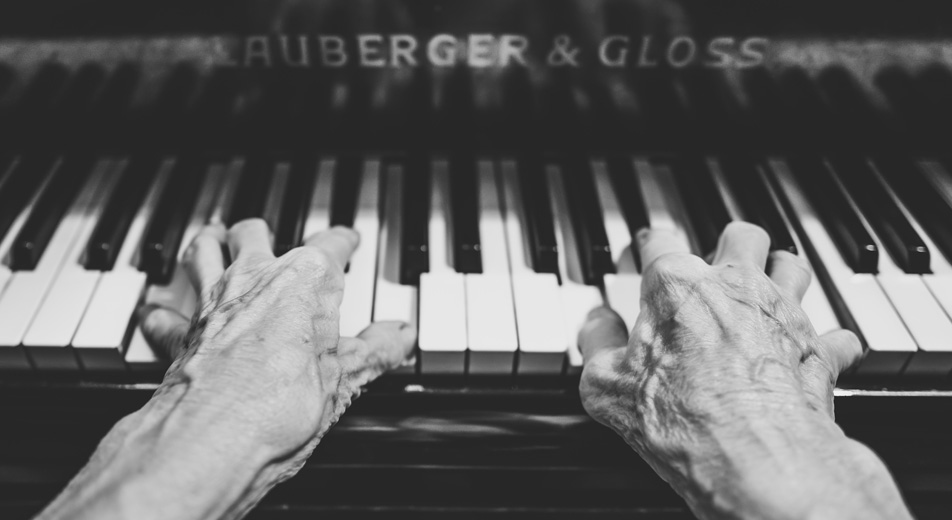This Forensic Nurses Week, we’re talking about ways to make our practices better. The last couple days have focused on individual performance. Today, let’s talk about program performance…
The expert at trial should never be the first person to review our record of the patient encounter.
But that’s exactly what happens when a forensic nursing program has no formalized quality improvement process in place. And that’s a problem–because it means the program has set no benchmarks for what constitutes optimal performance. If there are no benchmarks for quality, how can a forensic nurse know if they’re doing a good job? How can they grow in their clinical capacity? How can the program hope to effectively (and sustainably) expand their program to other patients?
As we wrote for the SANE Sustainability project:
Every SANE program should have a process for regularly reviewing patient care and clinician performance. Having such a process means that the program has set specific and achievable benchmarks for quality. Programs that have a plan in place often center that plan on quality assurance initiatives, which are an appropriate initial step. But programs should strive to incorporate a quality improvement process for sustainability. Quality assurance focuses on the individual and addresses a problem or deficiency that has already occurred; quality improvement is systems-focused and is proactive, done with the intention of making changes to prevent future issues from occurring. Some aspects of a quality process can serve a dual role: chart review, for example, allows for both quality assurance (e.g. making sure that documentation is complete for every patient seen in the program) and quality improvement (e.g. noting that multiple clinicians appear to have issues obtaining clear photos at close-range). Peer review also can serve both functions, bringing to light issues with individual documentation or interpretation of findings, but also serving as an educational opportunity that informs the clinical knowledge of all participants.
You can read the full piece on the NSVRC website. It’s full of resources and suggestions for implementation. (And if you still haven’t downloaded the app, get it here).
This should not be an optional program component. I have never talked about creating a defensible practice (one that can withstand vigorous scrutiny on cross examination) and not discussed the importance of a quality process. Program managers should fight for paid time in their schedules to implement and conduct quality improvement activities. Forensic nurses in programs without quality improvement processes should strenuously advocate for them. Medical Directors should step up and participate, as well–your voices are needed as one aspect of an effective quality process. And if you already have a process in place, talk about how it’s working with other program managers who are struggling to make this happen. Quality improvement processes benefit professional growth, efficacy of witness testimony, and most importantly, patient care.
Tomorrow, we wrap up the discussion of improving our profession with a look ahead. What’s next for us?










